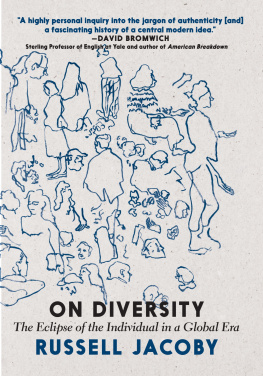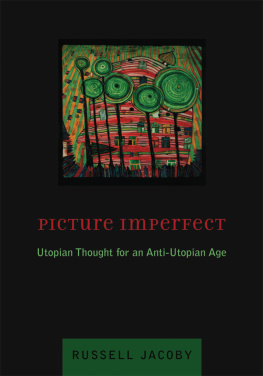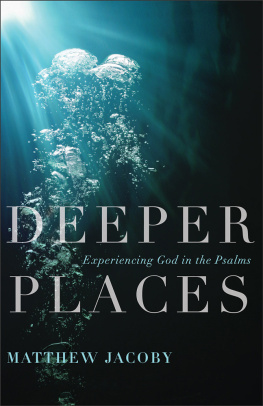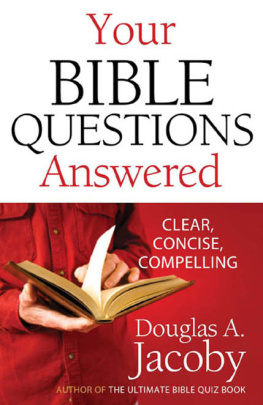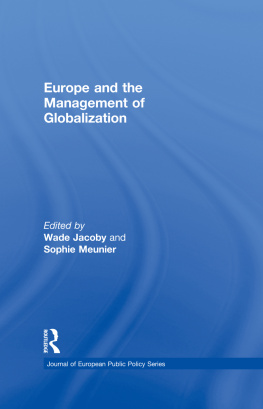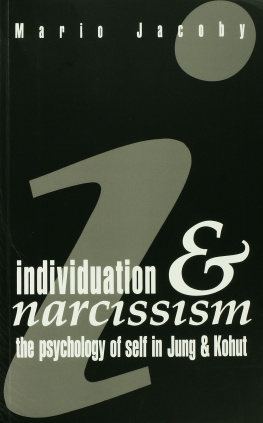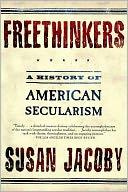on
DIVERSITY
OTHER BOOKS BY RUSSELL JACOBY
Bloodlust: On the Roots of Violence from Cain and Abel to the Present (Free Press, 2011)
Picture Imperfect: Utopian thought for an Anti-Utopian Age (Columbia University Press, 2005)
The End of Utopia: Politics and Culture in the Age of Apathy (Basic Books, 1999)
Dogmatic Wisdom: How the Culture Wars Divert Education and Distract America (Doubleday, 1994)
The Last Intellectuals: American Culture in the Age of Academe (Basic Books, 1987; new edition by Basic Books, 2000)
The Repression of Psychoanalysis: Otto Fenichel and the Political Freudians (Basic Books, 1983)
Dialectic of Defeat: Contours of Western Marxism (Cambridge University Press, 1981)
Social Amnesia: A Critique of Contemporary Psychology (Beacon Press, 1975; Transaction Publishers, 1997)
on
DIVERSITY
The Eclipse of the Individualin a Global Era
RUSSELL JACOBY
seven stories press
new york london oakland
Copyright 2020 by Russell Jacoby
A SEVEN STORIES PRESS FIRST EDITION
All rights reserved. No part of this book may be reproduced, stored in a retrieval system, or transmitted in any form or by any means, including mechanical, electronic, photocopying, recording, or otherwise, without the prior written permission of the publisher.
Seven Stories Press
140 Watts Street
New York, NY 10013
sevenstories.com
College professors and high school and middle school teachers may order free examination copies of Seven Stories Press titles. To order, visit www.sevenstories.com or send a fax on school letterhead to (212) 226-1411.
Library of Congress Cataloging in Publication Data has been applied for.
ISBN 978-1-60980-979-9 (hardcover)
ISBN 978-1-60980-980-5 (ebook)
Printed in the USA.
9 8 7 6 5 4 3 2 1
For Dicenot only different with an extra
chromosome, but a heart of a heartless world
Contents
chapter one
The Myth of Diversity
chapter two
A Diversity Crisis!: Sneakers, Species, and Speech
chapter three
Playing with Diversity
chapter four
Diversity and its Vicissitudes: Across the Centuries
chapter five
Diversity and its Vicissitudes: The Modern Period
Acknowledgments
In my previous books Ive been chagrined by the brevity of my acknowledgments: no lengthy roster of esteemed colleagues and devoted friends or rollcall of foundations, institutions and conferences that feted the author. Alas, my short list has barely changed over the decades. To Cristina Nehring, my passionate love, who attended the manuscript with her usual scrupulousness, my profound gratitude. To Paul Breines who gave me the benefit of his unvarnished comments, I owe much. I am indebted to Brian Morton, who egged me on and helped find me a publisher; and to William Hackman for his editorial acumen. I want to thank Eliott Eisenberg for his valuable reflections and references over the years; and I also want to salute two steadfast interlocutors: my sister, Wini Breines, and my loyal friend Whitney Green, who both probably disagree with much, if not everything, in these pages. I thank Dan Simon and Noah Kumin of Seven Stories for their support and professionalism, and Noah in particular for his editorial savviness. I take my hat off to Michael Tencer, my copyeditor. Finally, I am grateful to the UCLA Department of History for sustaining me for over two decades. The Eugen Weber Travel Fund enabled visits to European libraries and collections.
chapter one
The Myth of Diversity
Im an individuallike everyone else! I spotted this slogan on a cheap T-shirt on Venice Beach in Los Angeles. It captures the counterintuitive thrust of this book. In the age of mass marketing we boast of our individuality. In the age of globalizationthe T-shirt was probably made in Pakistan or Vietnamwe announce our uniqueness. How can these coexist? How can we be both completely plugged in and completely separate? The diversity ideaor rhetoric or jargonpresents the same issues. It celebrates variety in a world that undermines it. Globalization knits the world together into one vast market. We become more alikeand simultaneously we proclaim our differences. Can both be true?
In recent decades the cult of diversity has swept the land. Virtually everybody practices it. Virtually everyone endorses it. Diversity spells decency and openness. Nowadays politicians, CEOs, and police chiefs call for diversity. In the universities, projects and programs pile up.
Now encyclopedias and handbooks exclusively devoted to diversity tumble off the presses. Diversity studies has become a minor industry. The editor of the new Routledge International Handbook of Diversity Studies celebrates the outpouring of academic work surrounding diversity. The handbook has 41 contributors writing on subjects like The Diversity of Milieu in Diversity Studies and Religious Differentiation and Diversity in Discourse and Practice.
Whence comes the creature? No one seems to know. Peter Wood, in his Diversity: The Invention of a Concept, writes that before the 1978 Supreme Court decision in Regents of the University of California v. Bakke, diversity was a fairly marginal idea.places; and that by test numbers, high school records, and recommendations, almost all were qualified for acceptance.
If only the top scorers were admitted, the admissions document claims, a monochromatic class would show up in Harvard Square. For the past 30 years the admissions committee has believed that the vitality of the educational experience would suffer without variety; diversity adds an essential ingredient to the educational process. However, fifteen or twenty years ago diversity meant students from California, New York, and Massachusetts; city dwellers and farm boys. This definition occasioned very few ethnic or racial minorities on the Harvard quad. In recent years Harvard College has expanded the concept of diversity to include students from disadvantaged economic, racial and ethnic groups. The formulation was brilliant. It avoided all red flags about racial quotas. It allowed admissions committees to discount scores and grades to admit someone in the name of diversity. It offered a broad idea of diversity that few could contest. It would have a fantastic run, which continues to this day.
Hatched in universities, diversity as a demand and as rhetoric has conquered the cultural world. Even the simplest roadmap of diversity would be endlessly complex. To begin, what is not a sign of diversity? Are race, poverty, and Asian Americanhood equally diverse? What about language spoken, religion, age, sexual orientation, income, and appearance? Or tallness? Left-handedness? And what about political allegiance? Some conservatives have turned the liberal diversity argument on its head. They have argued that college faculties dominated by left-leaning professors lack political diversity; and they have called for affirmative action for conservatives to achieve political parity.representation in the name of diversity. One problem with the diversity jargon emerges: Diversity loses all meaning as it balloons. The term becomes so lax that everything and anything signifies diversity.
But a more central issue never aired by diversity champions or their critics needs to be broached. The world is not becoming more but less diverse. The eclipse of diversity and its consequences are the subjects of this book. The religion of diversity is a response to its decline; it is the new opiate of the peopleor at least of the peoples representatives. In a handleless world, it gives people a handle or an identity. Of course, this is not a new phenomenon. Many immigrants to the United States became more attached to their ethnic identity even as they assimilated. Decades ago the American historian Marcus Lee Hansen posited this as an almost universal process. The second-generation immigrant felt caught between an old and new world. But the more comfortable third generation advertises an old-world identity. What the son wished to forget the grandson wishes to remember. Yet the grandsonor granddaughterhas already surrendered the pith of old-world identity, which shrinks to symbols and buttons. Kiss Me. Im Italian.

